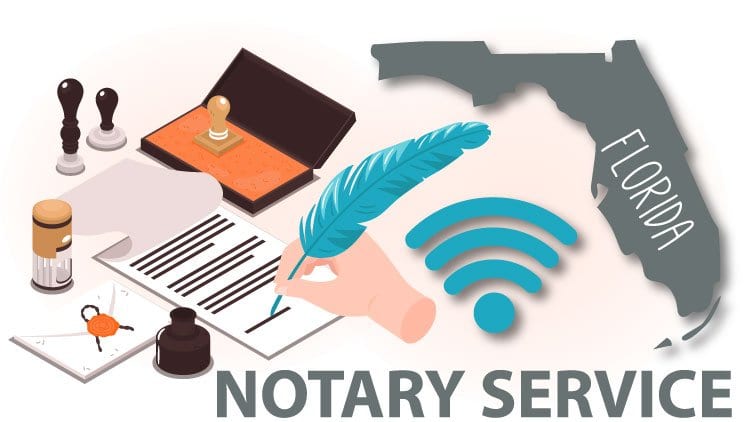Notary Public: Your Trusted Witness and Record Authenticator
Debunking Notarial Job: Simplifying the Function and Significance of Notaries
In the intricate internet of lawful paperwork and confirmation, notaries stand as columns of assurance and authenticity. Their function, typically shrouded in enigma for many, carries significant weight in making certain the legitimacy and honesty of critical documents. As guardians of legality and truth, notaries play a critical part in our culture, yet their work is not always fully understood. By deciphering the intricacies bordering notarial techniques and dropping light on the relevance of their acts, a more clear understanding arises of the essential duty notaries play in maintaining the material of legal and legal arrangements.
The Background of Notarial Job
Exactly how did notarial work progress in time to come to be an integral component of legal and organization purchases? The history of notarial job go back to ancient worlds, where scribes played a crucial function in recording crucial details and verifying records. As societies advanced, the need for a much more formalized system to ensure the credibility of contracts arose. This caused the growth of notaries, individuals appointed by the state to function as impartial witnesses in legal issues.
Throughout the Center Ages, notaries obtained prestige in Europe, with their features increasing to consist of drafting legal files, accrediting signatures, and protecting records. The increase of international profession better emphasized the significance of notarial operate in confirming agreements and arrangements throughout boundaries.
In the modern-day era, notaries remain to play an important duty in legal and company transactions by verifying identities, confirming the authenticity of documents, and avoiding fraudulence. Their role in certifying the legitimacy of arrangements includes a layer of security and trust fund to the ever-evolving landscape of business and legislation.

Obligations and Duties of Notaries
Notaries play an essential duty in validating the authenticity of papers and the identification of signatories. One of their primary duties is to witness the signing of crucial files, such as agreements, deeds, and wills, to make sure that all events are entering right into agreements knowingly and willingly.
In addition, notaries are charged with carrying out affirmations and vows, which are critical in lawful process and the execution of affidavits. They certify copies of original papers, giving assurance to organizations that the duplicates are real replicas of the originals. Notaries need to keep exact documents of all transactions they supervise to guarantee transparency and responsibility. Overall, the responsibilities and obligations of notaries are necessary in guarding the stability and validity of numerous papers and deals.
Notarial Certificates and Signatures
Exhibiting precise attention to information, notarial certifications and trademarks work as necessary elements in validating the credibility of lawful papers. Notarial certificates typically contain crucial details such as the day DIRCO of notarization, the names of the signatures, a description of the document, and the notary's main seal. These certificates provide a clear record of the notarial act, guaranteeing that the document can be quickly determined and mapped back to the notary who oversaw the procedure.
Signatures play a critical role in notarial work, as they symbolize the contract and permission of the events included. Notaries meticulously witness the finalizing of files to validate the identity of the signatories and confirm that they are authorizing of their very own free choice. By attaching their main seal and trademark to the document, notaries accredit that the necessary treatments have been complied with which the document is legitimate and enforceable.
Basically, notarial certificates and signatures are the trademark of authenticity in legal purchases, providing assurance to all events involved that the papers are reputable and binding.
Significance of Notarial Acts

Notarization Process Discussed
The registration procedure usually begins with the specific providing the document to a notary public. As soon as the identity is confirmed, the notary ensures that the specific signing the record does so voluntarily and without any browbeating.

Conclusion

Notarial certificates usually have crucial details such as the date of notarization, the names of the notaries, a description of the document, and the notary's official seal. These certifications give a clear document of the notarial act, ensuring that the record can be quickly determined and traced back to the notary that managed the process.
By affixing their main seal and trademark to the document, notaries license that the required procedures have been followed and that the document is legitimate and enforceable.
By validating the identification of the signatures, verifying their determination to enter into the agreement, and certifying the day and area of the finalizing, notaries play a crucial role in supporting the validity of lawful documents.After the document is authorized, the notary will affix their main seal or stamp onto the record.